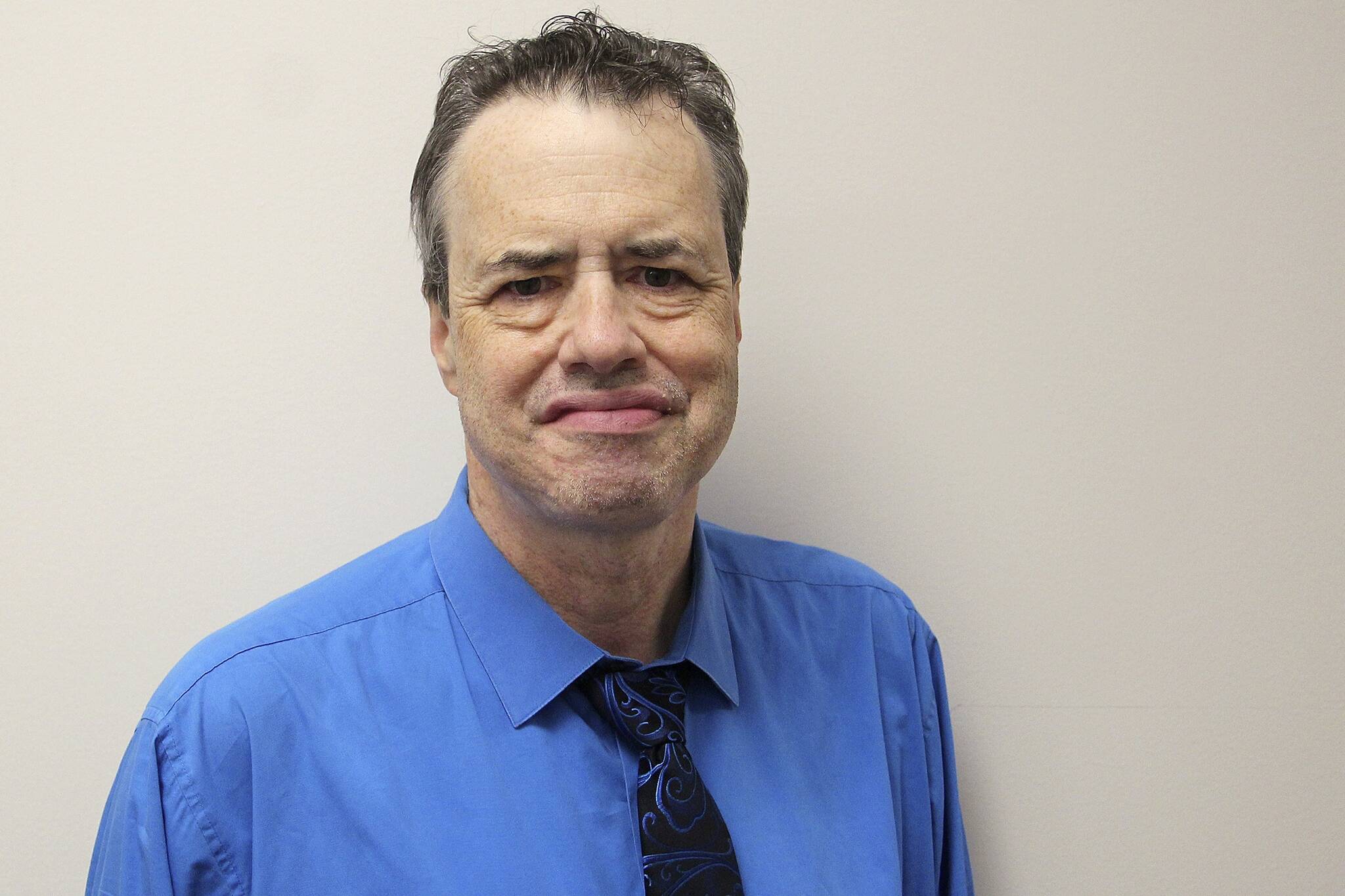Ever since the day I discovered that Aplets and Cotlets, Cashmere-based Liberty Orchard’s name for Turkish Delight, the confection the White Witch fed Edmund in the Lion the Witch and the Wardrobe, candy, the Chronicles of Narnia, and Washington east have made for a pleasing synchrony in my memory.
Recently I heard that the family owned business would close up because the family could not find a buyer. Then, in May of 2021, word came that the KDV Group, a Russian food conglomerate, had bought the company. I don’t know what will come of that, but something tells me it won’t be the same.
The recent threatened loss of this sweet connection has set me thinking lately about Eastern Washington and all that it has meant to me over the years. Part of what made it so attractive to the little kid I was was that the sun could be blazing hot without the bothersome humidity, and the people were more laid back.
That is, it was a different world, and that meant adventure.
First stop after the mountains was a little roadside diner in Cle Elum. My sister, Carole, tells me it’s still there, but now it’s called McKeans.
The images meld into a pastiche of long stretches of asphalt sporting rolling tumbleweeds and dotted with small towns, enormous fields, cattle grazing in the distance, farm machinery, old houses in the middle of seeming nowhere, apple warehouses and silos.
As I remember, the traveling Whales — there were eight of us in the Olds — always had a box or two of Aplets and Cotlets as we rolled merrily along to grandma and grandpa Sprouse’s home in Oroville. For me, it also meant a terrible thirst. Can’t speak for my brothers and sisters, but my thirst built to its grinding, gnashing, scraping conclusion every mile we cut between ourselves and Cashmere.
That’s because I knew that the best apple cider in the world was waiting not far ahead at a place called Tiny’s. Rows and rows of juice in glass jugs and every other type of product that could be coerced from an apple was there, alongside all manner of vegetables and touristy stuff, and pieces of varnished wood with clever or silly sayings on them, as my sister recalls.
Most of all, I remember Tiny himself. My dad pointed out the man to my boney, wee self. “That’s Tiny.” dad whispered of the genial guy in the striped shirt standing feet away. Whoa! I remember thinking, ‘I can’t see it, but there’s gotta be a snowy summit to the dude up there somewhere.’ Turns out he’d played for the Washington State Cougars once, and brother, did he look the part. That’s the day I learned that most guys named Tiny are not in fact tiny at all.
Today, Tiny’s lives only in the memory and on the Internet. It burned to the ground nearly 50 years ago, and Tiny himself passed not long after. A few years ago I asked some kids in Cashmere about Tiny’s. They had no idea it had ever existed.
On the road again, my sisters sang songs along the way. Especially this corny thing that went, “Him nose is red, no hair on him head, because him is a baby,” and we boys groaned at the cutesiness. I remember dad singing “Hang (insert name of family member here) from a sour apple tree, and rub him with camforated oil.”
We’d pass orchards and a series of road signs advertising Noots restaurant and car wash, signs in the mould of the old Burma Shave postings of a generation earlier. You know, one sign gives you a line, go a mile get the next line until the advertising jingle is complete: “In this vale …of toil and sin…your head grows bald … but not your chin. Burma Shave.”
Noots versions were punchier, but no less to the point. “Hungry kids, wipe your snoots, stop at Noots.” We never did. But we did see that car wash. It was next to Grandma and Grandpa’s house, and the Noots signs reminded us they were not far ahead.
Grandma and Grandpa lived on Golden Street in Oroville, having long before moved from the home northeast of the city where they raised my mother, her sisters Betty and Bubsie (Evelyn) and her brother, Bruce.
Oh, those mornings with that sweet scent rising off the grass in the lot next to Noots car wash, then swimming at every opportunity Lake Osoyoos, where the local Nessi, called Ogo Pogo, supposedly dwelled. I was shocked when my mother informed me there had been a makeout spot for kids in her day somewhere along the shore. My mother knew a make-out spot? Nah, can’t be. I was sure those hadn’t been invented until the 1950s.
That world on the other side of the mountains has changed a great deal since I was a kid. More people, more houses, more lights to dim the incredible starry skies. But I have never lost that overwhelming love for it.
–
Robert Whale can be reached at rwhale@soundpublishing.com.


